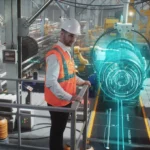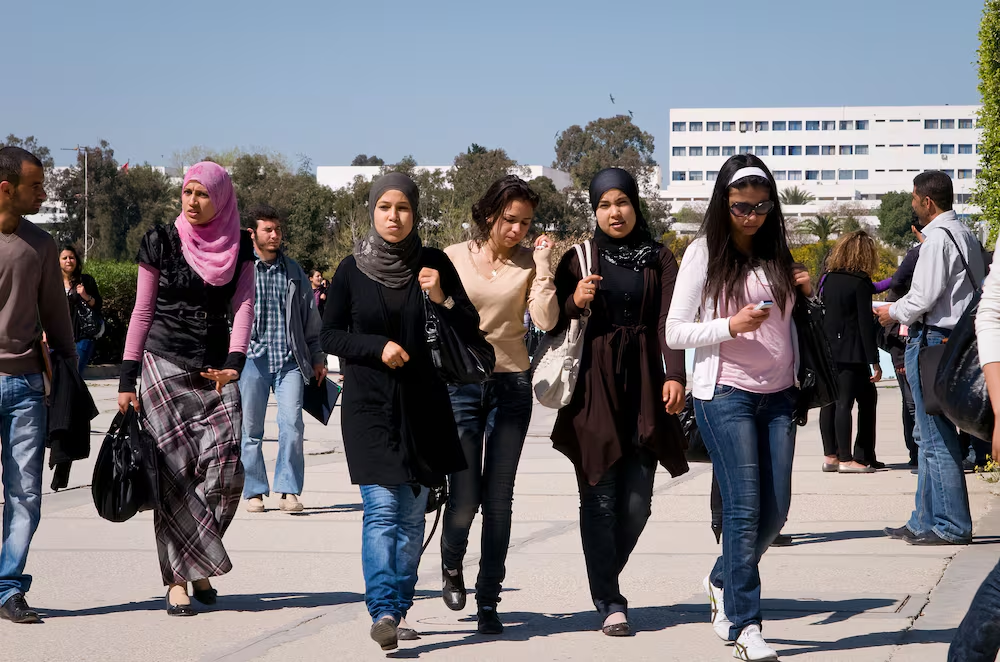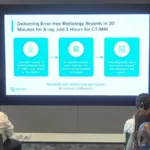Google is pushing new frontiers in the deployment of Artificial Intelligence (AI).

Precisely, Google is seeing AI capabilities in ensuring food security, flood management, weather forecasting among others.
According to Google, when it hosted journalists from South Africa, Nigeria and Kenya at its Google Research Africa office in Accra, Ghana, the firm was keen on developing Al solutions relevant to the African continent.
Google said it believes that AI has the potential to be a transformative technology for the continent.
According to the Senior Staff Research Scientist and co-lead at Google Research Africa, Dr Aisha Walcott, said Google’s team is developing AI in collaboration with partners on the ground and effecting core challenges on the continent that also scale to the world.
Walcott said some of the incredible work is from the Open Buildings data set, which started with a focus on the developing world but has matured to a point where it is providing information much across the global south with now 1.8 billion buildings.
“We have varying new and early work on an important problem of food security that is plaguing many countries on the continent and more importantly vulnerable populations. You also saw the tremendous potential that having accurate weather forecasts for Africa can have in terms of agriculture and other industries that rely on weather for their decision making, not only for industry but also down to the individual,” Walcott said.
According to Google, the Open Buildings project is an initiative that creates an open-access, comprehensive database of building footprints across Africa. This vast collection, derived from satellite imagery using machine-learning algorithms, is instrumental in urban planning, disaster response and socio-economic studies. By providing data on over 500 million buildings, the project supports efforts from infrastructure development to humanitarian aid, ultimately aiming to foster sustainable development across the continent.
On flood forecasting, Google Researcher, Florence Ofori, said Flood Forecasting uses advanced machine learning to predict flooding events with precision.
“All forecasts are displayed on our Flood Hub platform which serves as a vital tool for communities, especially in riverine regions, to anticipate and mitigate flood impacts. Covering river basins in more than 80 countries, including 23 in Africa, our Al synthesises data from satellites, weather radars, and river gauges to generate reliable forecasts.
“Our collaborative efforts with governments, NGOs, and the private sector are central to delivering this critical information to those who need it most, many in the African continent,” Ofori said.
On his part, Vice President, Engineering and Research, Google, Yossi Matias, said AI is transformative and has advanced.
Matias noted that the observation is that with AI, people can tackle problems globally.
According to him, to solve problems: “you have to have people, who understand the problem in a better way. So, that’s why the mission of solving problems for Africa and the world is strong and important in what we have here.”
Google focuses on fundamental research in computer science and related fields, with teams located all over the world.
He said it is an initiative to expand Google’s research presence on the African continent, launched in 2018 with the opening of an Al research centre in Accra, Ghana, and expanded in 2022 to Nairobi, Kenya.
“By investing in research in Africa, Google is helping to ensure that the continent is at the forefront of the development of new Al technologies.
“These technologies have the potential to solve some of Africa’s most pressing challenges, such as poverty, disease, and hunger,” he said.
Google explained that flood forecasting uses advanced machine learning to predict flooding events with precision.















